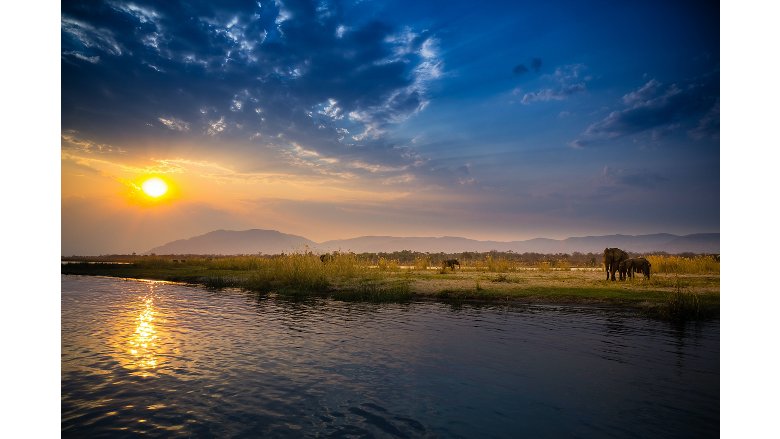In 2016, Zambia began work on a system to account for its valuable natural resources. According to the national wealth accounts prepared by the World Bank, natural resources make up 40% of the country’s wealth and are a cornerstone for its economic growth and strategies for poverty reduction. To set the stage for their work establishing natural capital accounts, the Zambia Ministry of Finance and National Planning, began with two guiding principles:
- GDP may increase in the short term, but if environmental degradation is not accounted for, it will be at the expense of future prosperity.
- Future prosperity need not, and should not, compromise communities that depend on natural resources for their daily lives.
From this foundation, Zambia has recognized natural capital accounting (NCA) as a tool to guide investments for diversified and sustainable growth while preserving and enhancing the natural resource base it depends on. So far, Zambia has developed four natural capital accounts: Forestry, Water, and Land were published in 2019; Tourism is in its final stages. Work is also underway on an Energy & Minerals account.
The process of setting up these accounts has resulted in several important lessons learned, from formalizing roles to standardizing and centralizing data collection. In a seminar with the World Bank’s Global Program on Sustainability, representatives from Zambia’s Ministry of Finance and National Planning, Ministry of Water Development and Sanitation, Ministry of Tourism, Ministry of Green Economy and Environment, Forestry Department, University of Zambia, Copperbelt University and Africa Community of Practice (AFR NCA COP) shared their experiences.
The first step toward success: high-level, strategic coordination
In order to ensure strategic coordination across ministries and at the highest levels of government, Zambia has placed environmental sustainability as one of four focus areas of its 8th National Development Plan (2022-2026). This puts natural capital on par with economic transformation, human development, and good governance to ensure resources are allocated to create and implement the accounts.
Taking on Challenges
As with any initiative of this size and significance, the project has not been without challenges. Using the Water Account as an example, the challenges tended to fall into three general categories: administration, technology, and finance.
To begin, it was a significant administrative task to coordinate and formalize arrangements across key institutions. It was necessary, however, in order to collect statistics and set up accounting systems. In some cases, legislation was required to support or back the compilation of data. There was also a limited pool of national experts to develop water statistics and undertake water accounting. With the help of the Global Program on Sustainability, ministries were able to gradually build their own internal expertise.
The primary technological challenges came with national statistics, which needed to be retooled to meet international standards. This was further complicated by the lack of an institutionalized and dedicated data center. Ultimately, it was necessary to create a new national data collection strategy.
A new stream of funding also had to be created to finance the development and implementation of the national data collection strategy. Funding across relevant institutions was also needed to support a bottom-up approach to building the accounts.
Ultimately, by working with external experts and using data, tools and analysis from the Global Program on Sustainability, the Ministry of Water Development and Sanitation was able to build their own capacity to, among another things, analyze administrative and scientific data, mainstream the new accounts into the operations of relevant ministries, and redesign annual statistical bulletins to include the new data being collected.
